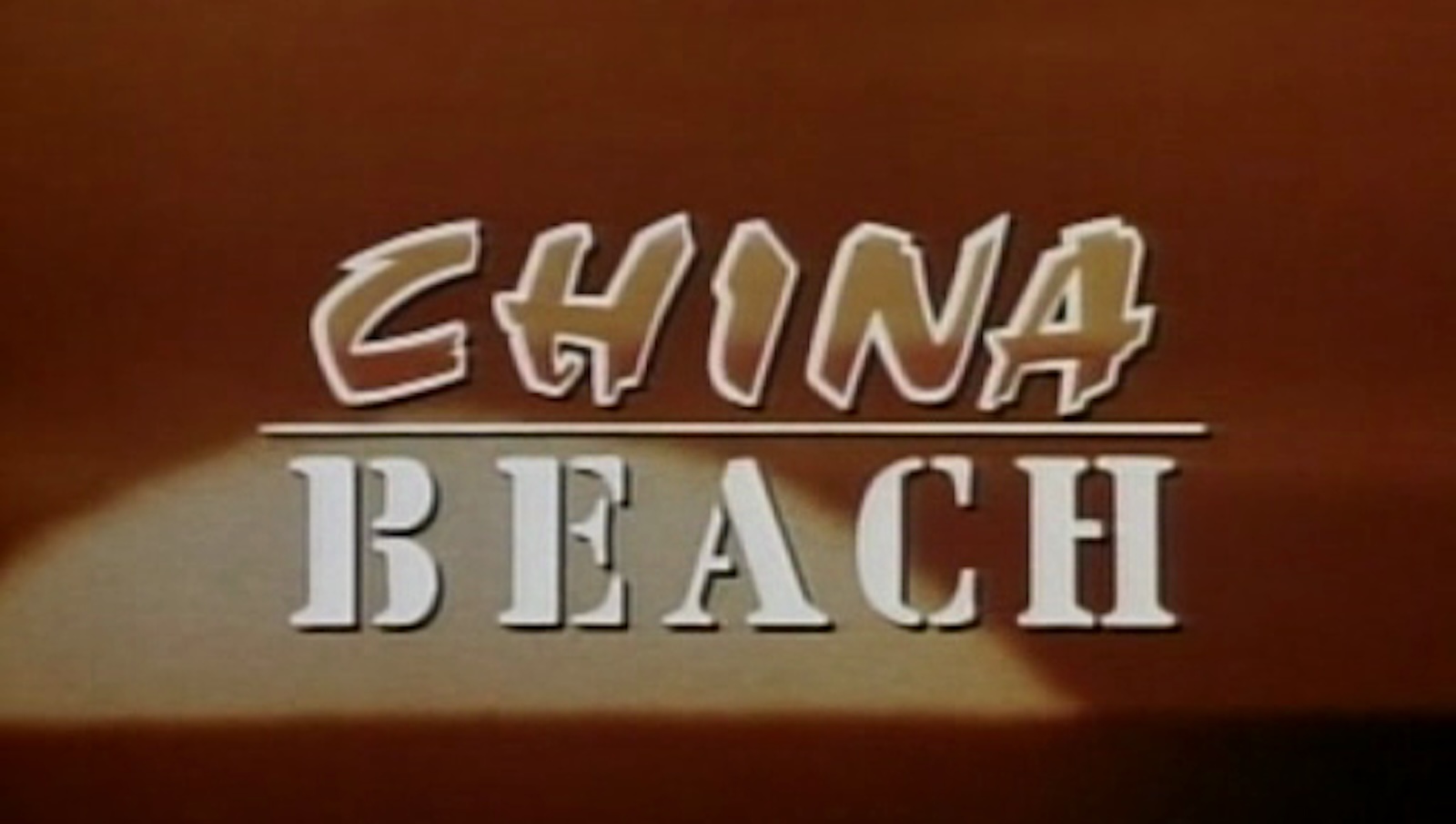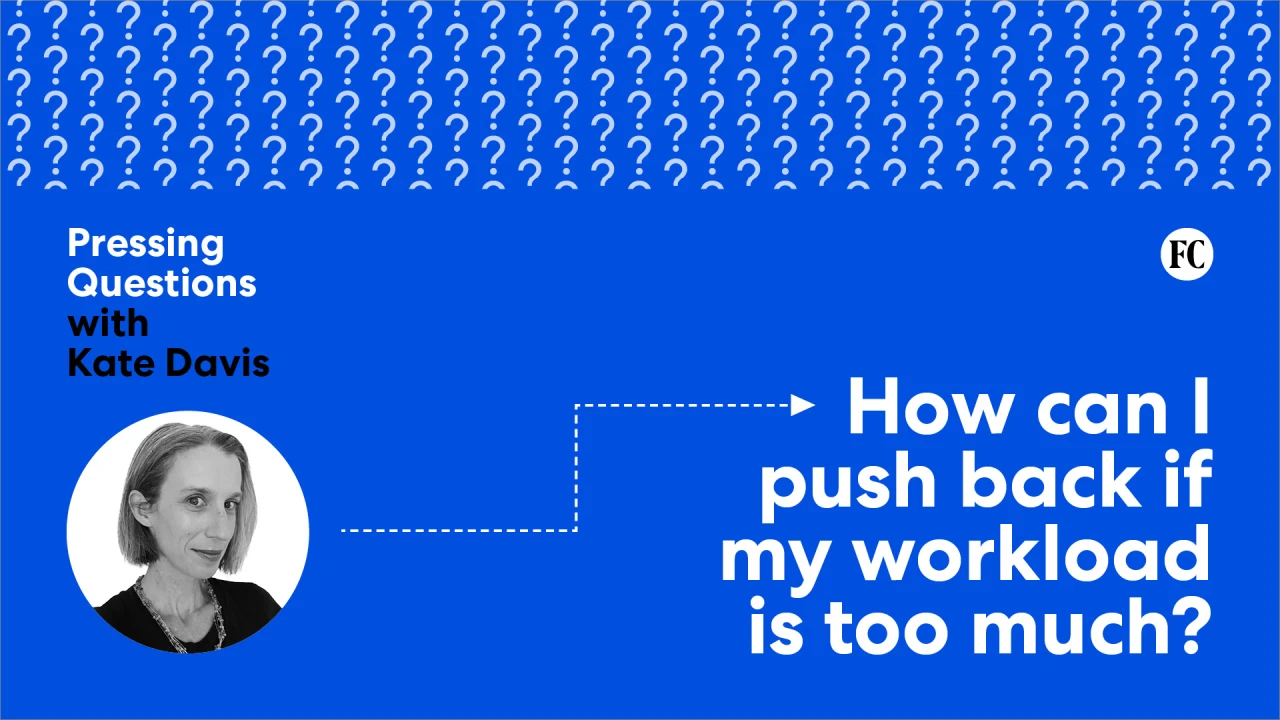5 Essential Templates to Boost Your Content Plan Strategy

If you’re looking to improve your content planning strategy, using structured templates can make a significant difference. Each template serves a specific purpose, helping you organize and execute your content efficiently. For instance, a Content Planning Calendar Template allows you to categorize your content types, whereas a Monthly Content Plan Template focuses on prioritizing topics and deadlines. Comprehending these tools can lead to improved content effectiveness. Let’s explore how each template can work for you.
Key Takeaways

- Utilize the Content Planning Calendar Template to organize and track content types, ensuring timely updates and performance evaluation.
- Implement the Monthly Content Plan Template to prioritize topics, manage deadlines, and streamline the production process for better teamwork.
- Conduct a Content Inventory Audit to identify gaps, assess effectiveness, and ensure the content library aligns with business objectives.
- Use the Social Media Content Plan Template to tailor content for different platforms, enhance audience engagement, and assign clear tasks to team members.
- Apply the Content Decision-Making Matrix to evaluate and prioritize content ideas based on relevance and strategic goals, fostering team collaboration.
Content Planning Calendar Template

When you’re managing a content strategy, using a Content Planning Calendar Template can greatly boost your organization and efficiency. This template acts as a content marketing strategy template, helping you categorize content by type and track crucial details like titles, descriptions, and key dates.
You’ll find it easier to monitor each piece’s status, ensuring timely updates and relevance to your business goals. Your website content plan template will benefit from the inclusion of monthly performance metrics, allowing you to evaluate effectiveness and identify high-performing topics.
Centralizing previous posts and archived content supports structured planning. By utilizing this content plan template, you improve collaboration among team members and maintain consistency across all your content outputs, streamlining the entire creation process.
Monthly Content Plan Template

A Monthly Content Plan Template is essential for organizing and prioritizing your content topics effectively. This template helps you track key details like content titles, descriptions, themes, ownership, and important dates, ensuring a structured approach to your content creation.
Here are three key features to take into account:
- Status Monitoring: Keep tabs on the progress of each content piece, helping you manage deadlines efficiently.
- Performance Metrics: Incorporate monthly metrics to evaluate the effectiveness of your content, identifying high-performing pieces for further promotion.
- Collaboration: Clearly define responsibilities among team members, streamlining the production process and encouraging better teamwork.
Using this template centralizes your efforts, supporting ongoing content planning as well as aligning with your business goals.
Content Inventory Audit Worksheet

To effectively manage your content strategy, implementing a Content Inventory Audit Worksheet helps you catalog all existing content. This worksheet allows you to track content types, formats, and performance metrics, evaluating overall effectiveness. By conducting an audit, you can identify gaps in your content offerings and discover opportunities for updates or repurposing. It additionally facilitates tracking key performance indicators (KPIs) for each piece, enabling you to measure engagement and conversion rates. Regularly updating this worksheet guarantees your content library remains relevant and aligned with your business objectives.
| Content Type | Format | Performance Metrics |
|---|---|---|
| Blog Post | Article | Engagement Rate |
| Video | Multimedia | Views |
| Infographic | Visual | Shares |
| Podcast | Audio | Downloads |
| E-book | Document | Conversion Rate |
Social Media Content Plan Template

Creating a Social Media Content Plan Template is vital for organizing and categorizing your content across various platforms, as it guarantees a structured approach to engagement and outreach.
This template helps you streamline your content creation process by including fundamental sections that facilitate targeted messaging and audience alignment.
Consider these key components for your template:
- Content Topics: Identify themes that resonate with your audience.
- Ownership and Due Dates: Assign tasks to team members with clear deadlines.
- Performance Metrics: Track engagement and effectiveness to refine your strategy.
Utilizing this template improves accountability, enhances posting consistency, and boosts brand visibility.
Content Decision-Making Matrix Template

In regard to evaluating content ideas, employing a Content Decision-Making Matrix Template can be a transformative factor.
This template helps you streamline the evaluation and prioritization processes based on criteria like audience relevance, business objectives, and resource availability.
By using a matrix format, you can visually compare various content options, making it easier to identify which ideas align closely with your strategic goals.
The template encourages input from team members, ensuring diverse perspectives are considered.
Incorporating a scoring system allows for quantifiable assessments, helping to pinpoint high-potential topics for further development.
In the end, using a Content Decision-Making Matrix Template improves content efficiency, ensuring resources are allocated to the most impactful initiatives, driving better results.
Frequently Asked Questions

What Are the 7 Steps in Creating a Content Strategy?
To create a content strategy, follow these seven steps.
First, set clear goals using the SMART framework.
Next, understand your target audience by developing audience personas.
Then, conduct a content audit to assess existing assets.
After that, create a content calendar for scheduling.
Finally, measure effectiveness through key performance indicators.
Continuously refine your strategy based on data-driven insights.
How to Build a Content Strategy Plan?
To build a content strategy plan, start by defining your goals using the SMART framework.
Identify your target audience by creating detailed personas.
Next, conduct a content audit to assess existing materials and guarantee relevance.
Develop an editorial calendar to organize your content schedule.
Regularly review and adjust your plan based on performance metrics.
Finally, utilize templates to streamline your planning process, enhancing productivity and guaranteeing consistency across your content initiatives.
How to Improve Content Strategy?
To improve your content strategy, start by setting clear, measurable goals using the SMART framework.
Regularly conduct content audits to assess performance, identifying what works and what doesn’t.
Create detailed audience personas to tailor your content to their needs.
Use a diverse distribution strategy across multiple channels to maximize visibility.
Finally, establish a content calendar to organize production and guarantee timely delivery aligned with your business objectives.
What Are the 4 Steps of Content Strategy?
To develop a solid content strategy, you should follow four key steps.
First, set clear goals using the SMART framework to guarantee they’re specific and measurable.
Next, understand your target audience by creating detailed personas that reflect their unique needs.
Then, focus on content planning and creation, emphasizing quality and consistency.
Finally, implement distribution and promotion strategies to maximize visibility, and regularly measure effectiveness through key performance indicators to inform future adjustments.
Conclusion

By incorporating these five crucial templates into your content planning strategy, you’ll streamline your processes and improve your effectiveness. Each template serves a specific purpose, allowing you to organize, prioritize, and review your content systematically. Whether you’re tracking deadlines or evaluating existing material, these tools can help you align your efforts with your audience’s needs and your business goals. Start using these templates today to create a more focused and productive content plan.
Image Via Envato
This article, "5 Essential Templates to Boost Your Content Plan Strategy" was first published on Small Business Trends
What's Your Reaction?
 Like
0
Like
0
 Dislike
0
Dislike
0
 Love
0
Love
0
 Funny
0
Funny
0
 Angry
0
Angry
0
 Sad
0
Sad
0
 Wow
0
Wow
0



























































































